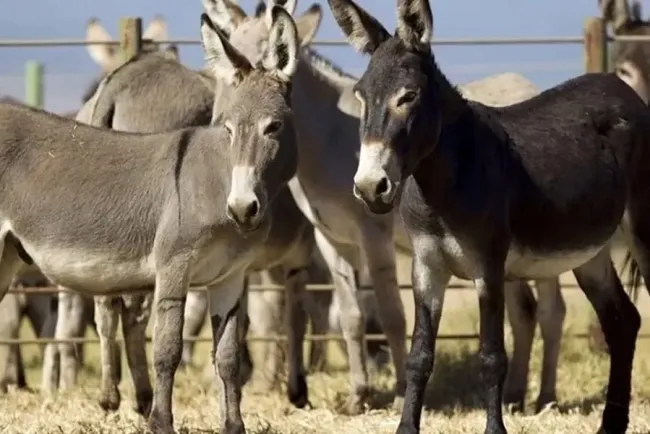The Trump Effect: UK Economy Faces New Challenges Amid Trade Tariffs
The UK economy is grappling with significant challenges as the impact of potential U.S. trade tariffs looms large. The Office for Budget Responsibility (OBR) warns that these tariffs could shrink the UK economy by up to 1%, compounding existing issues such as weak investment and high borrowing costs. Chancellor Rachel Reeves has unveiled a series of deep spending cuts aimed at stabilizing public finances, but concerns remain regarding the effectiveness of these measures in light of ongoing economic uncertainty.
Economic Landscape and Fiscal Measures
In her recent spring statement, Chancellor Reeves announced cuts to disability welfare payments and a 15% reduction in civil service costs over five years, targeting annual savings of $2.5 billion. Despite these austerity measures, the government now anticipates borrowing more than previously projected, reflecting the precarious state of the UK’s finances. Labour's budget strategy, which includes tax hikes for businesses starting in April, adds additional pressure on firms already facing minimum wage increases.
While inflation has eased, it continues to exceed the Bank of England's 2% target, prompting the central bank to maintain unchanged interest rates amidst persistent economic uncertainty. Reeves acknowledged the ongoing cost of living crisis, emphasizing the real struggles faced by households across Britain.
Protests and Public Sentiment
Outside Parliament, protests erupted as demonstrators condemned the welfare cuts, especially as the government simultaneously announced a $2.8 billion boost to defense spending. Critics argue that Labour’s commitment to fiscal discipline is coming at the expense of vulnerable households, raising questions about the balance between economic stability and social responsibility.
Global Trade Concerns
A major external threat to the UK economy is the possibility of new tariffs from the U.S., which could exacerbate the challenges posed by a global trade war. The OBR highlights the UK's reliance on international trade, suggesting that higher interest rates and rising gilt yields could further constrain Reeves' limited fiscal headroom, necessitating additional policy adjustments.
Reeves underscored the potential economic damage that could arise if former President Donald Trump continues his tariff policies. She noted that during Trump's previous presidency, trade and investment between the UK and the U.S. increased significantly, with millions of jobs linked to American firms in Britain and vice versa. This interdependence highlights the risks associated with imposing tariffs, which could adversely affect both economies.
Conclusion
As the UK navigates a challenging economic landscape, the implications of U.S. trade policies continue to be a pressing concern. With the government implementing austerity measures amidst growing public dissent, the path forward remains uncertain. The coming weeks will be crucial in determining how these economic dynamics unfold and what further adjustments may be necessary to ensure stability in the face of external pressures.
Stay tuned for the latest developments on the UK economy and its interactions with global trade policies.
What's Your Reaction?
















